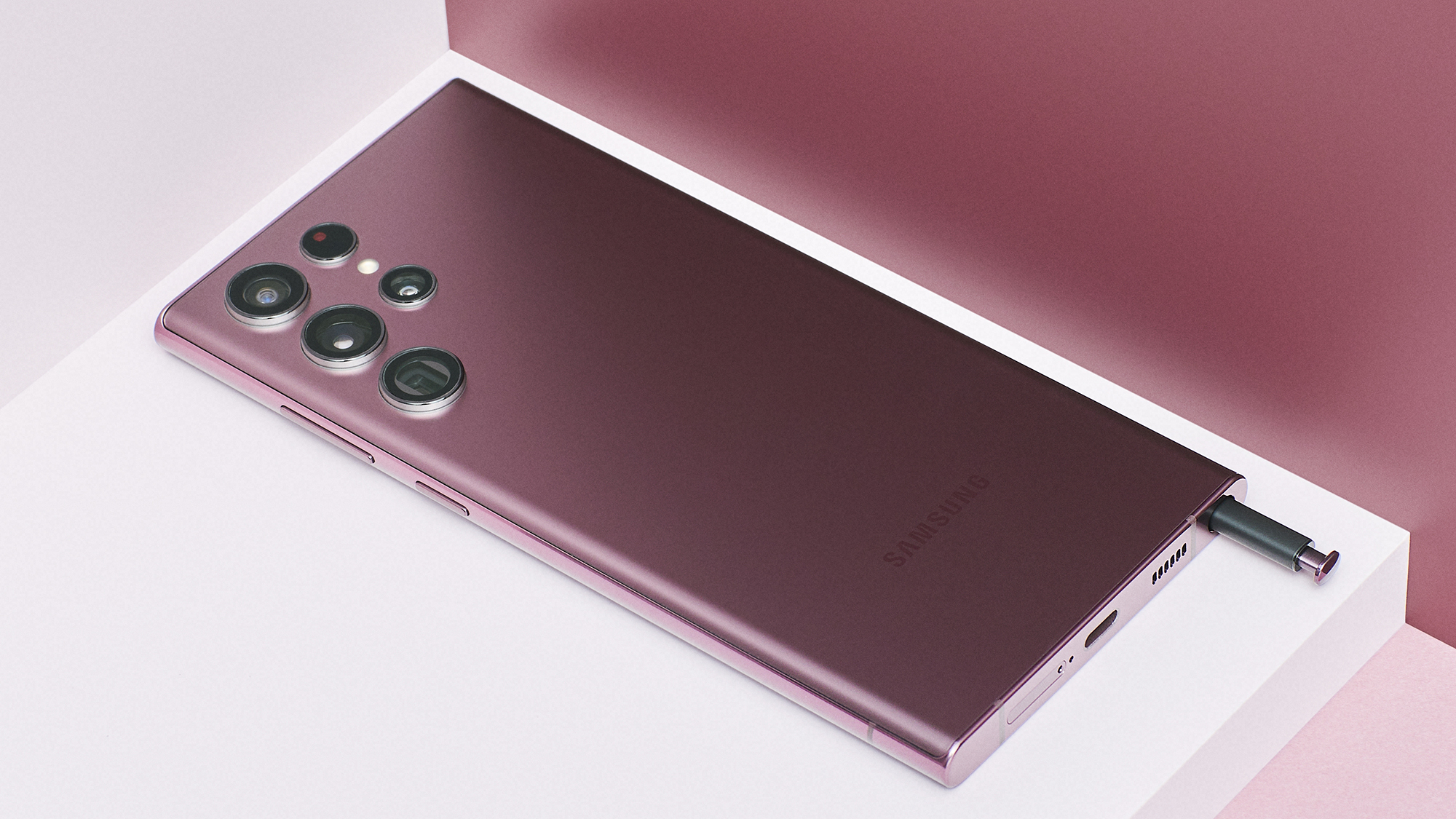Samsung Galaxy S23 reportedly getting elite hardware upgrade
Samsung's camera tech is getting a massive boost – but you'll need to buy the Galaxy S23 Ultra to get it


Get all the latest news, reviews, deals and buying guides on gorgeous tech, home and active products from the T3 experts
You are now subscribed
Your newsletter sign-up was successful
If you thought the camera in the Samsung Galaxy S22 Ultra (pictured) was pretty good, wait until you see what the next generation of Samsung's best Android phone will be packing. The sensor coming to the Ultra in 2023 could make it one of the very best phones for photography, making Samsung's flagship even more spectacular.
According to a new report in trade magazine ET News, as spotted by Android Authority, Samsung will be bringing a 200MP camera sensor to the Samsung Galaxy S23 Ultra. Unfortunately that's the only model in the range that will be getting it: like the iPhone 13 and iPhone 14, the Samsung Galaxy range reserves its best photo features for the more expensive model.
The Galaxy S23 Ultra wouldn't be the first 200MP Android phone – that's the Motorola X30 Pro, which just launched in China – but it'll be much more widely available.
Why more megapixels still matter
I've got an iPhone 13 Pro with a 12MP sensor, and the shots it can take are amazing. So what can 200MP offer beyond more megapixels? The answer is simple: it can bin more pixels.
I'm not kidding. A technique called Pixel Binning groups pixels together to create "superpixels" that deliver much better low light results, but to do it means sacrificing some of your photo resolution – so pixel binning with a 12MP sensor is going to produce significantly lower quality results than pixel binning with a 200MP one. As a rule of thumb you can divide the maximum resolution by four to get the end resolution – so pixel binning on a 48MP phone would give you 12MP results; 200MP would give you 50MP.
Depending on the implementation, a phone might give you a choice – so it might show you the pixel-binned version first, but enable you to switch to the full resolution original if you plan to do your own adjustments in software later. And it would only use pixel binning in lighting scenarios where it would deliver an improved image.
If you're a fan of smartphone photography this is a really exciting development: even the best phones struggle sometimes with overly bright or dark scenes, so better results at still-massive resolutions will be a big upgrade. And more than ever before the cameraphone fight will be more about the software than the hardware: it's not how many pixels your sensor can see, but how efficiently the image processor uses them to produce the final image.
Get all the latest news, reviews, deals and buying guides on gorgeous tech, home and active products from the T3 experts

Writer, musician and broadcaster Carrie Marshall has been covering technology since 1998 and is particularly interested in how tech can help us live our best lives. Her CV is a who’s who of magazines, newspapers, websites and radio programmes ranging from T3, Techradar and MacFormat to the BBC, Sunday Post and People’s Friend. Carrie has written more than a dozen books, ghost-wrote two more and co-wrote seven more books and a Radio 2 documentary series; her memoir, Carrie Kills A Man, was shortlisted for the British Book Awards. When she’s not scribbling, Carrie is the singer in Glaswegian rock band Unquiet Mind (unquietmindmusic).